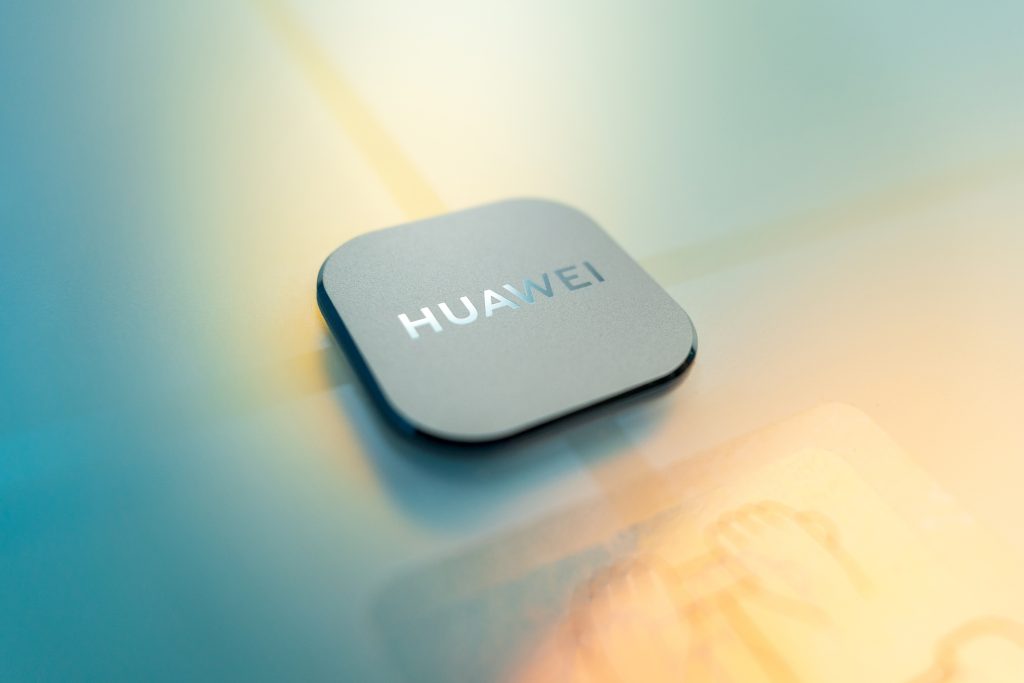
































The US Justice Department's lawsuit against Huawei, accusing the company of bank fraud and theft of trade secrets, is scheduled for trial in January 2026 due to failed settlement negotiations. Commencing in 2018, the case alleges Huawei misled banks about its business in Iran, resulting in the arrest of CFO Meng Wanzhou. Although Meng's charges were dropped in a 2021 agreement, Huawei asserts its innocence. Prosecutors foresee a protracted trial lasting four to six months. Huawei aims to divide the case, separating bank fraud from trade secret allegations, but the government opposes this, contending the charges are interconnected.
Despite US restrictions since 2019, Huawei experienced notable growth in 2023, driven by increased consumer sales and revenue from burgeoning sectors like smart car components. Meng, through a deferred prosecution agreement, confessed to providing false statements about Huawei's Iran operations, facilitating her return to China and the release of detained Canadians, underscoring the geopolitical implications of the situation.
The case underscores the competitive landscape in the tech sector, particularly regarding 5G technology, where Huawei has been a prominent player despite US restrictions. Furthermore, it reflects the broader tensions between the US-China over technology, trade, and national security.
 Hot Tags :
Intellectual property rights
Hot Tags :
Intellectual property rights